The Anglican Communion is facing the largest rupture in its 500-year history. What began in 2008 as a warning from the Global Fellowship of Confessing Anglicans (GAFCON) has culminated this October in what appears a formal break, with the declaration of a new Global Anglican Communion, representing what its primates claim to be up to 85 percent of the world’s Anglicans.
The apparent schism could mark the end of Canterbury’s undisputed spiritual leadership while signalling a transfer of ecclesial gravity from England to the Global South. For the Catholic Church and the Pope, the Anglican rupture serves as both caution and invitation.
The communiqué, issued on 16 October 2025 and titled “The Future Has Arrived”, does not mince its words. GAFCON’s primates assert that the Church of England, through a steady drift toward progressive theology, has “abandoned the Scriptures” and thereby lost its authority to lead.
“We declare that the Anglican Communion will be reordered, with only one foundation of communion, namely the Holy Bible, ‘translated, read, preached, taught and obeyed in its plain and canonical sense, respectful of the church’s historic and consensual reading’ (Jerusalem Declaration, Article II),” the statement reads.
“We reject the so-called Instruments of Communion – namely the Archbishop of Canterbury, the Lambeth Conference, the Anglican Consultative Council (ACC), and the Primates’ Meeting – which have failed to uphold the doctrine and discipline of the Anglican Communion.”
The eight-point plan released by GAFCON amounts to nothing less than a new constitution for Anglicanism worldwide, laying out its points as follows:
1. Scripture alone as foundation: the Anglican Communion will rest solely on the authority of the Bible, understood in its “plain and canonical sense”.
2. Rejection of Canterbury’s instruments: the Archbishop of Canterbury, the Lambeth Conference, the ACC and the primates’ meeting are declared defunct as binding authorities.
3. No fellowship with revisionists: communion with provinces advocating liberalised sexual or moral teaching is to cease immediately.
4. A re-founded Anglican Communion: the Anglican family is reconstituted as a fellowship of autonomous provinces united by Reformation formularies – not by institutional ties to Canterbury.
5. Financial and institutional separation: member provinces will neither attend nor fund ACC-related events and will receive no money from those networks.
6. Canonical independence: provinces are urged to amend constitutions to remove all mention of “being in communion with the See of Canterbury”.
7. Jerusalem declaration to be its charter: adherence to the 2008 Jerusalem Declaration becomes the doctrinal standard for membership.
8. New leadership structure: a Council of Primates will elect a “Chairman, as primus inter pares", to lead the new global Anglican Communion.
Archbishop Laurent Mbanda of Rwanda, GAFCON’s chairman, framed the moment starkly: “The reset of our beloved Communion is now uniquely in the hands of GAFCON, and we are ready to take the lead. As has been the case from the very beginning, we have not left the Anglican Communion; we are the Anglican Communion.”
The background to this apparent earthquake is well known. Since 1994, when the Church of England ordained its first female priests, a cascade of reforms followed: the consecration of women as bishops in 2015, the blessing of same-sex unions in 2022, and most recently the appointment of Dame Sarah Mullally as the first female Archbishop of Canterbury in 2025.
These steps, celebrated by progressives as milestones of inclusion, were viewed across Africa, Asia and Latin America as evidence that the Church of England had surrendered moral clarity to cultural fashion.
In Nigeria, Uganda and Kenya – where Anglicanism remains robust and growing – bishops warned that communion with Canterbury had become “untenable”. The final straw came when the Church of England declined to retract the blessing of same-sex couples, despite near-unanimous opposition from the Global South.
The reaction to the statement from Lambeth Palace has been subdued, even resigned. A spokesperson noted that “communion is built on voluntary bonds of affection” and called for “patience and listening”.
But outside England, patience had long worn thin. To many, the official response seems aloof and uncomprehending – inattentive to the real spiritual needs of the faithful and to the deep continuity of the Church’s tradition.
The GAFCON communiqué, while measured in tone, was explicit in its theological judgment: “We cannot continue to have communion with those who advocate the revisionist agenda, which has abandoned the inerrant word of God as the final authority.”
The consequences look likely to be immense. With most active Anglicans now aligned under GAFCON’s banner, Canterbury’s symbolic primacy may persist, but its practical authority will not. The next Lambeth Conference is likely to be sparsely attended, and funding flows to the Anglican Consultative Council are expected to dwindle.
For many in the Global South, this moment is not a rebellion but a restoration – a return to the doctrinal solidity of the Reformation. For England, it is a humbling reversal: the “Mother Church” has been politely, but firmly, told by her offspring that she no longer speaks for the family.
For the Catholic Church and the Pope, the Anglican rupture confirms that doctrinal unity cannot survive without authoritative teaching and sacramental cohesion – but it also opens new avenues for ecumenical dialogue with those Anglicans who seek a more stable apostolic anchor.
Especially for the German Catholic bishops, who for decades have pressed for similar “loosening” of doctrine in precisely these moral and sacramental fields, the Anglican experience should stand as a clear warning: once the thread of truth is frayed in one part of the fabric, the whole garment begins to unravel.
As GAFCON prepares its first bishops’ conference in Abuja during March 2026, the world will watch how this new alignment shapes global Christianity.
Regardless whether the “future has arrived, as Archbishop Mbanda declares, or whether another Reformation is just beginning, one truth is undeniable: Canterbury no longer holds the centre.
RELATED: Sarah Mullally will become the 36th Anglican Archbishop of Canterbury – not the other one
Photo: Graphic with the CofE's new Archbishop of Canterbury-designate, Sarah Mullally, during an interview with a television crew at Canterbury Cathedral, Canterbury, England, 30 October 2025. She becomes the first woman to lead the Church of England in its history. (Photo by BEN STANSALL/AFP via Getty Images; graphic by Arcadia)





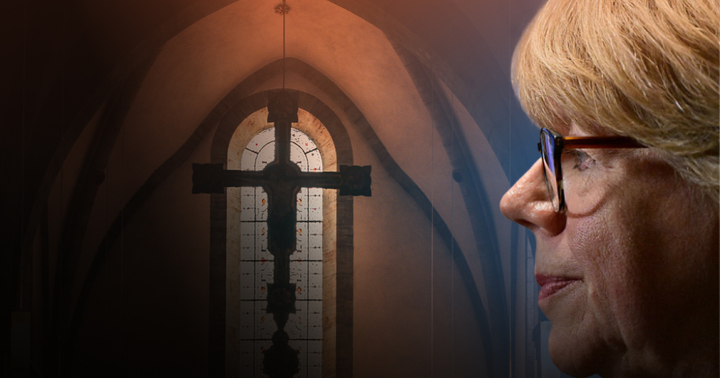


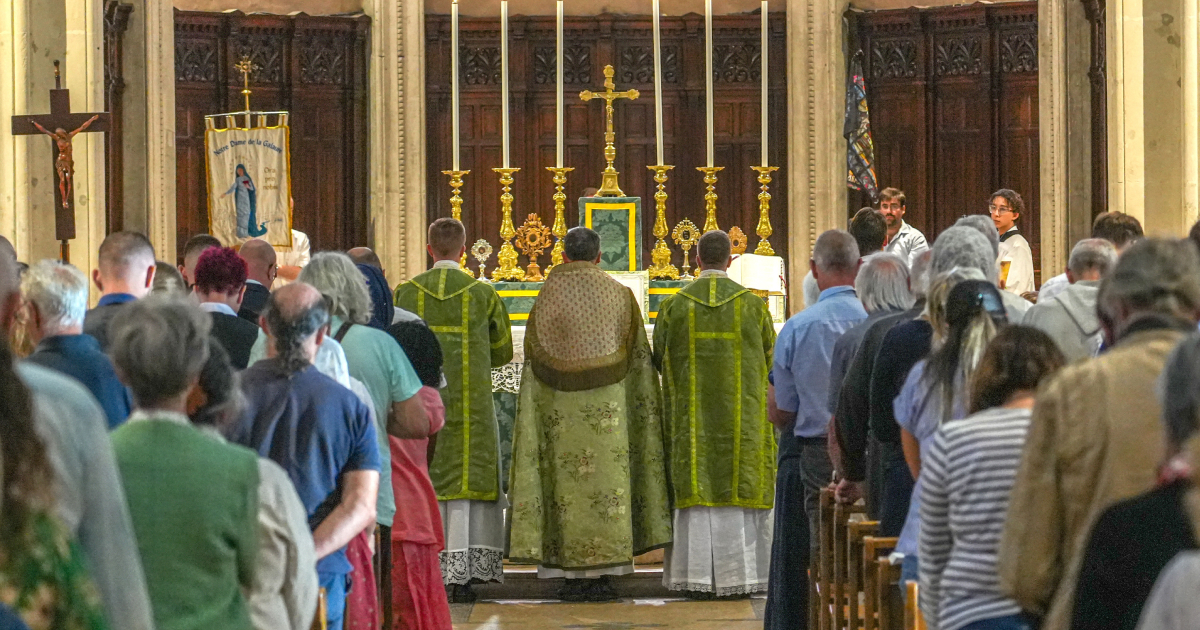

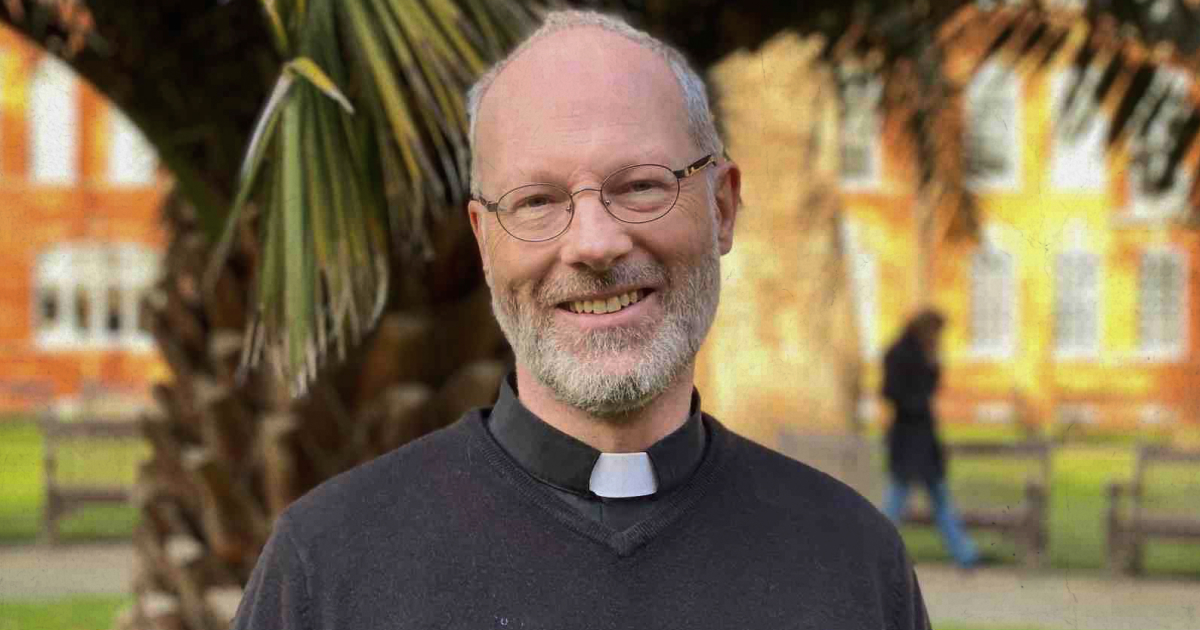
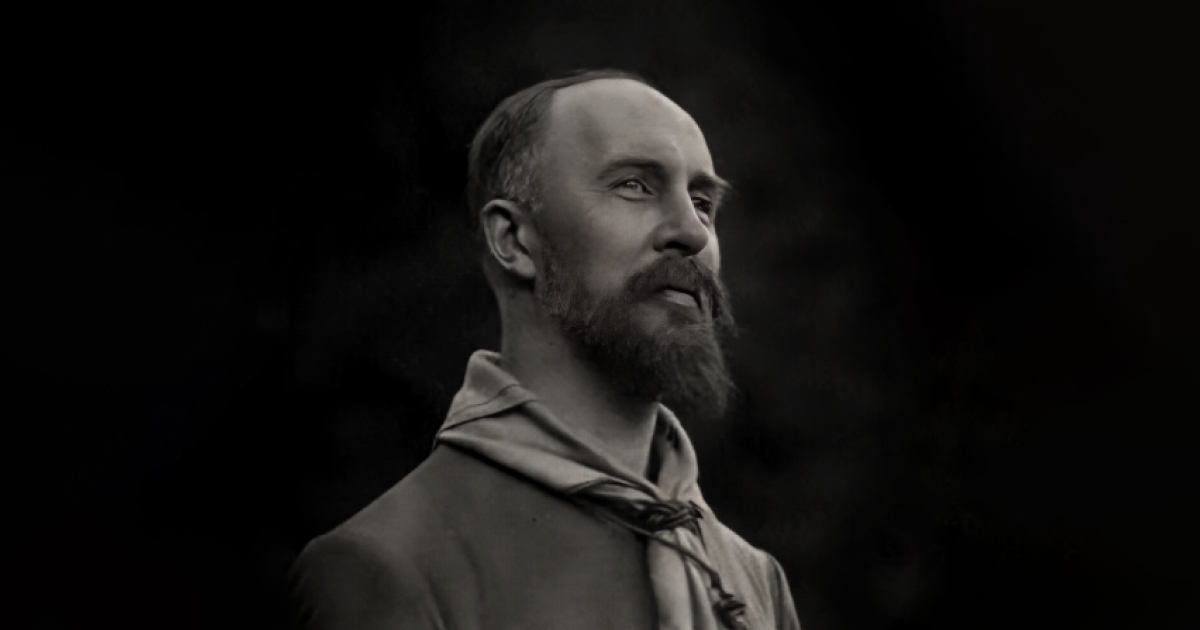
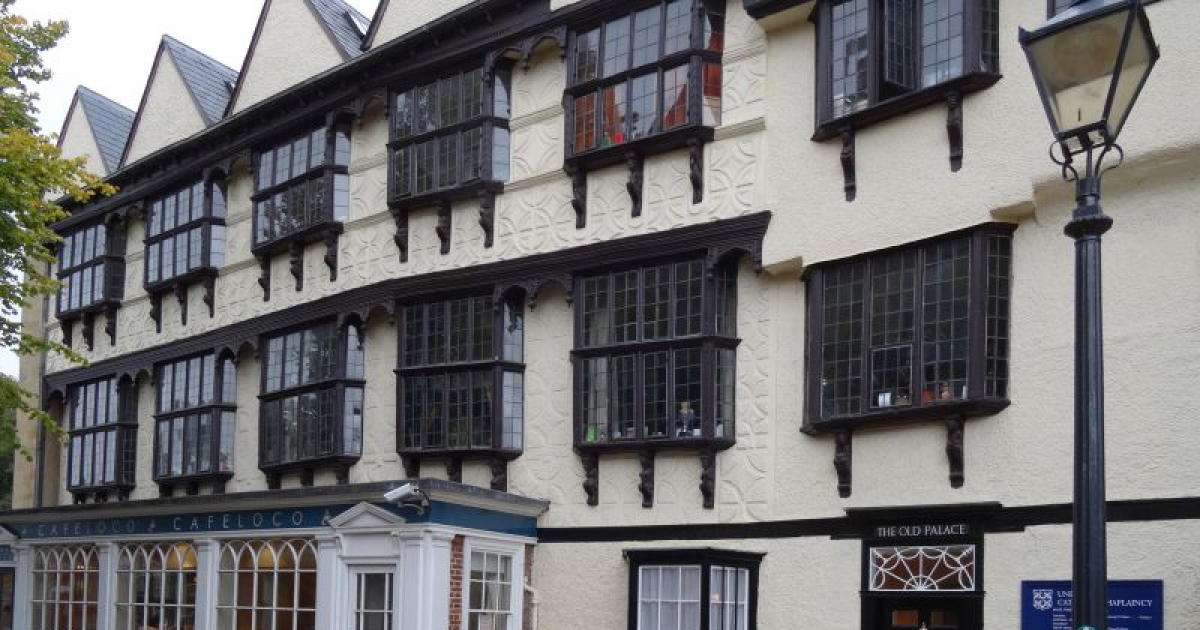
.jpg)



